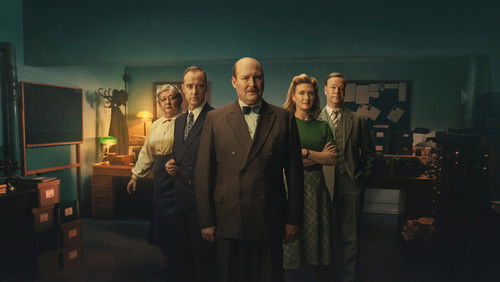Emitai (1971)
44KEmitai (1971). 1h 43m | Not Rated
“Gorgeous scenery, beautiful people, and an important, shameful history lesson. During WWII, Senegalese villagers were put in an impossible situation by France – forced to ship their sons off to fight in the war (as they had been in WWI), then later forced to turn over their precious rice crop to the war effort. They were told theyu0026#39;d be imprisoned and their village would be burned to the ground if they didnu0026#39;t comply, and without the military strength of those controlling them, none of their options is good.u003cbr/u003eu003cbr/u003eThe film shows us at least some of the life and customs of the Senegalese, which includes turning to gods who seem absent and performing a couple of live animal sacrifices (beware, not all of this is hidden). More importantly, it shows their dignity and humanity, particularly in the looks on their faces in the tight shots director Ousmane Sembène regularly gives us, and which were my favorite part of the movie. This is contrasted by the inhumanity of the French, who force people to sit out in the sun as punishment, as well as block a funeral service. Itu0026#39;s pretty clear that they donu0026#39;t see the Senegalese as human beings, at least in the complete sense of the word, and while watching it I wondered how these events would have been remembered by history had the black/white roles been reversed (and also how I myself might process it differently).u003cbr/u003eu003cbr/u003eItu0026#39;s tough to watch other Africans carry out the enforcement of French policies, and of course tough to fathom the cruelty in this example of colonialism. It was a deeply personal story to Sembène, who himself was drafted and fought in the war. The bitter irony of fighting for freedom as part of the u0026quot;good guysu0026quot; when his own people suffered atrocities and humiliation was not lost on him, and itu0026#39;s a reminder that even nations with high ideals like u0026quot;liberté, égalité, fraternitéu0026quot; often fall well short of them.”









